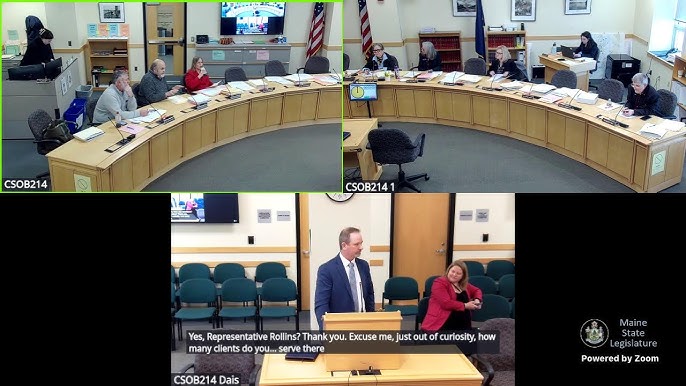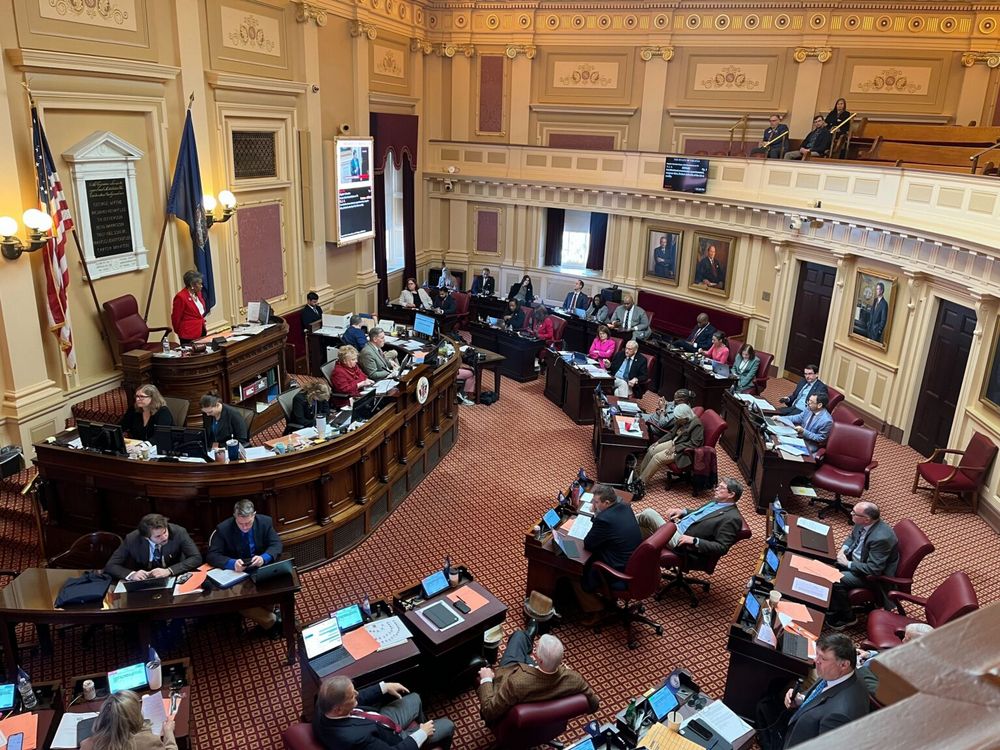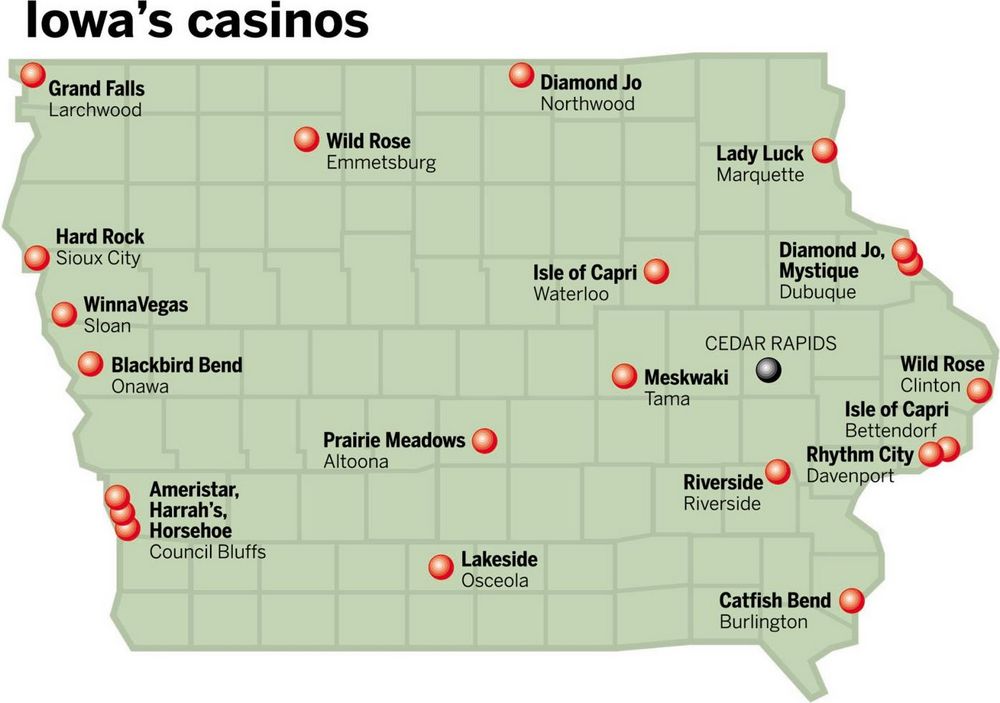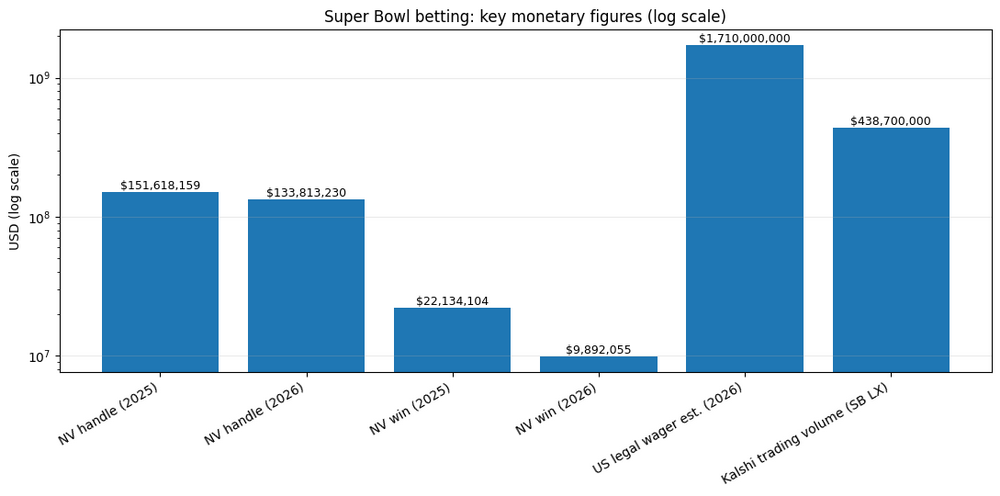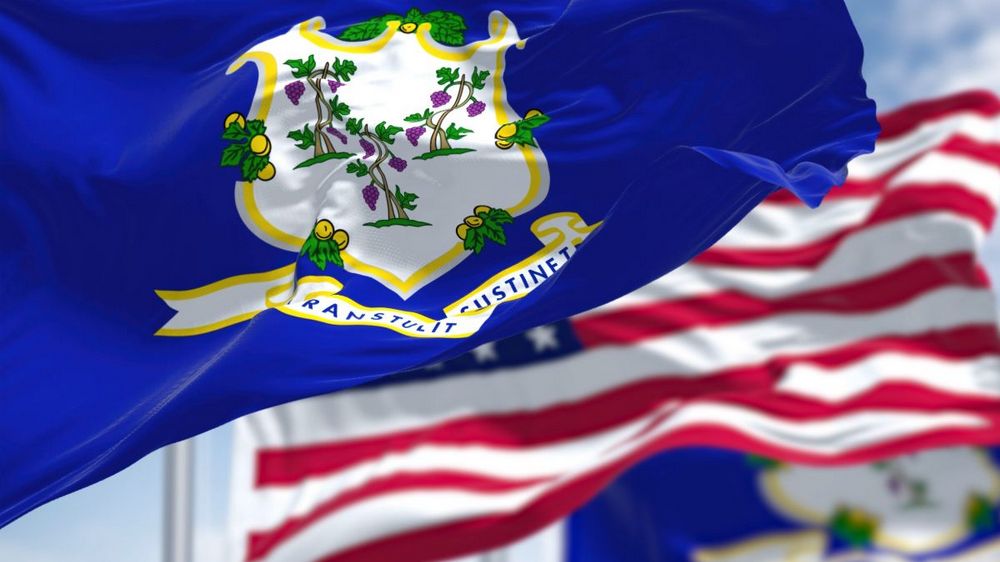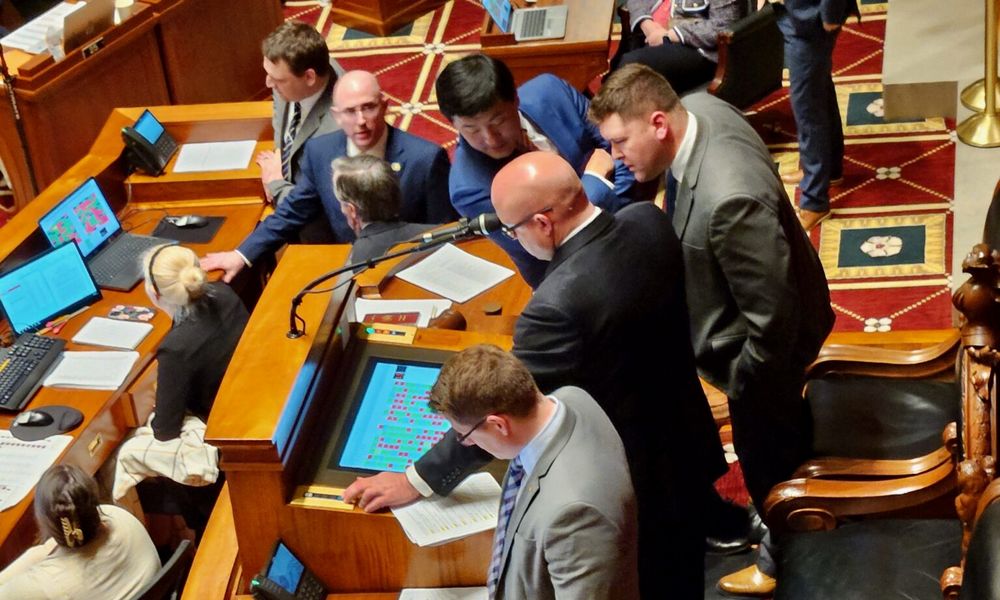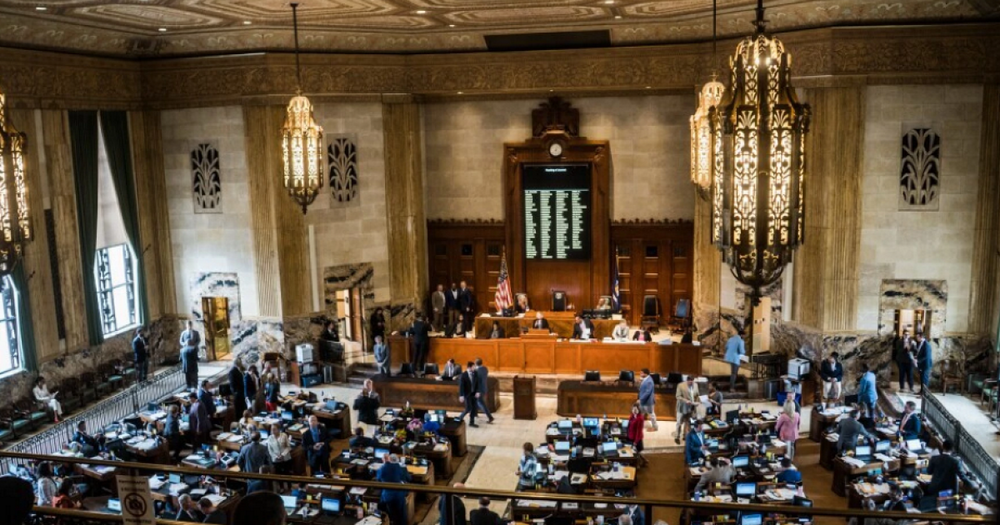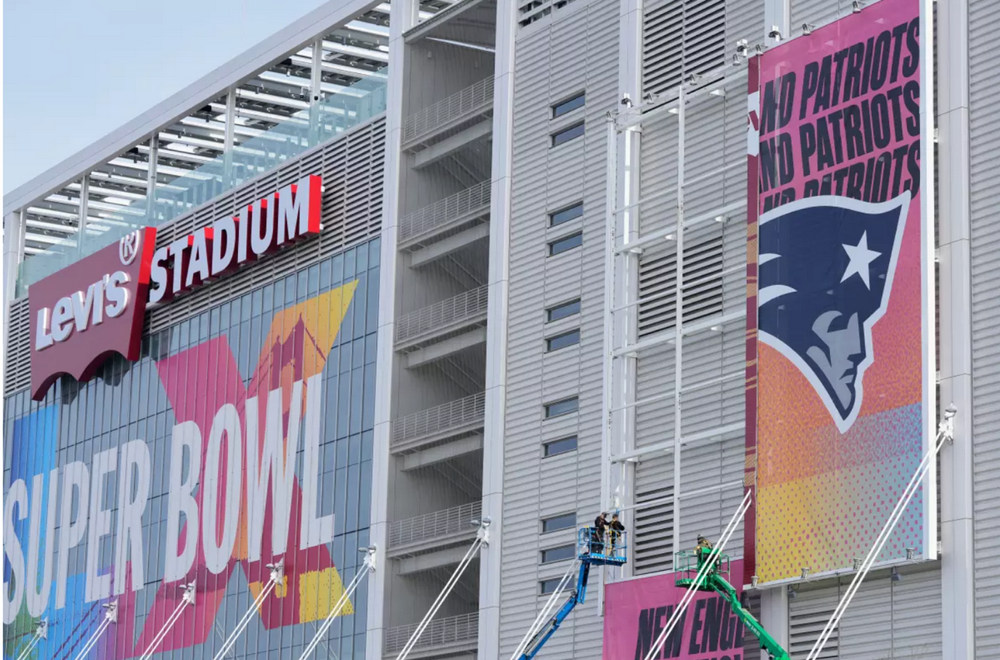The Oklahoma Attorney General’s Office has declared invalid a gaming compact signed between Gov. Kevin Stitt and the United Keetoowah Band of Cherokee Indians (UKB), deepening the rift between the state’s top leadership and tribal nations over gaming rights.
The compact, submitted by the UKB to the U.S. Department of the Interior in April, was based on Oklahoma’s “model gaming compact,” a standard framework established under the State-Tribal Gaming Act in the early 2000s. However, Attorney General Gentner Drummond’s office has now issued a formal opinion asserting that the compact is no longer valid, as its original terms expired on January 1, 2020.

This development throws into question not only the UKB’s gaming plans but also Gov. Stitt’s authority to negotiate compacts independently—a matter that has stirred significant political and legal contention in recent years. In 2020, Stitt signed several disputed gaming agreements that were later challenged by the legislature and courts, arguing that they circumvented tribal consultation and legislative oversight.
Oklahoma showdown: Lawmakers push tribal sports betting bills as Governor Stitt threatens veto
Tribal advocates have reacted sharply to the opinion, citing it as another example of state interference in Native sovereignty. “This decision continues a pattern of undermining the rights of tribal nations to engage in economic development on their terms,” said one representative.
Legal analysts expect the matter to escalate, potentially drawing federal attention depending on how the Department of the Interior responds to the UKB’s filing. The ruling also reopens broader questions about the future of tribal-state gaming agreements in Oklahoma—a state with over 30 federally recognized tribes operating casinos.












